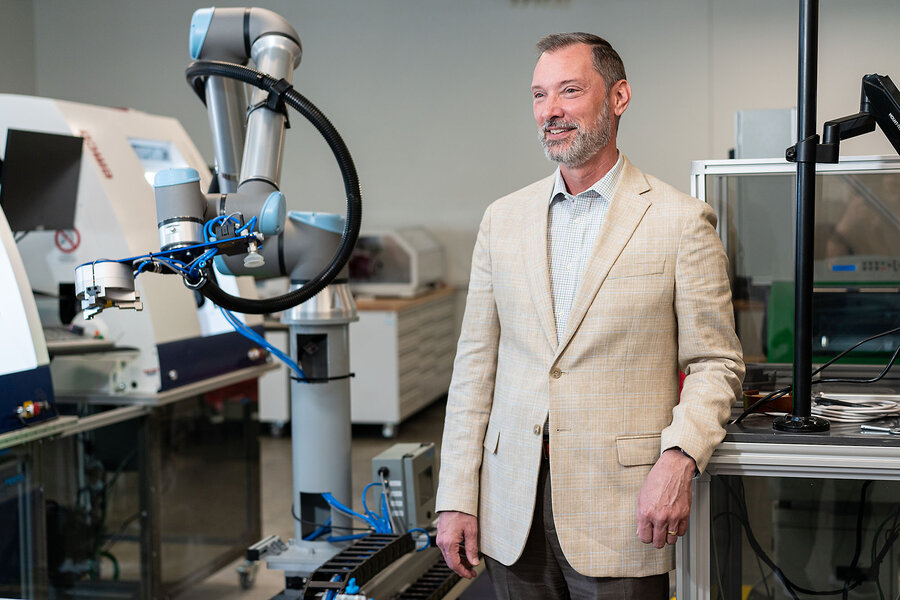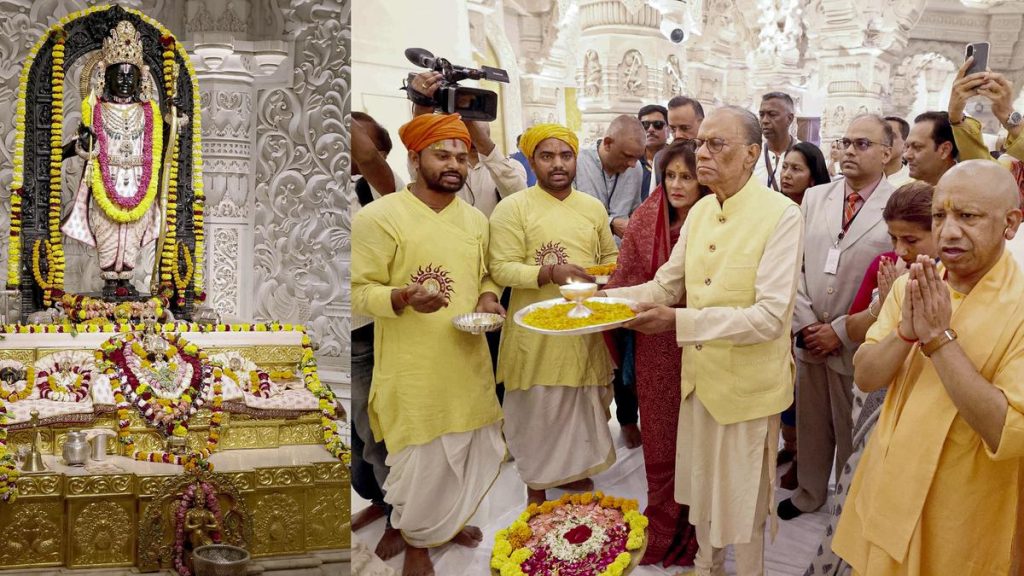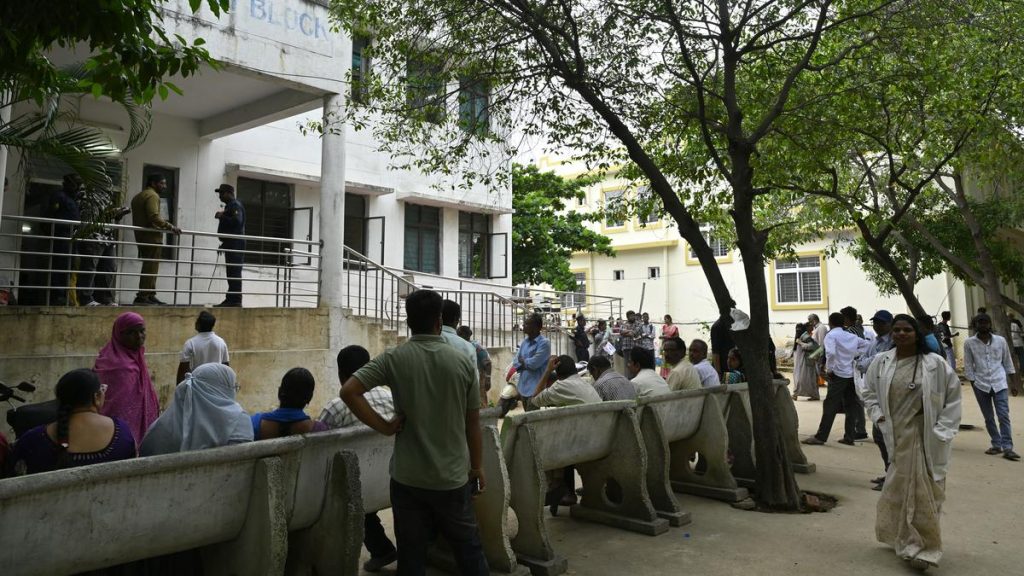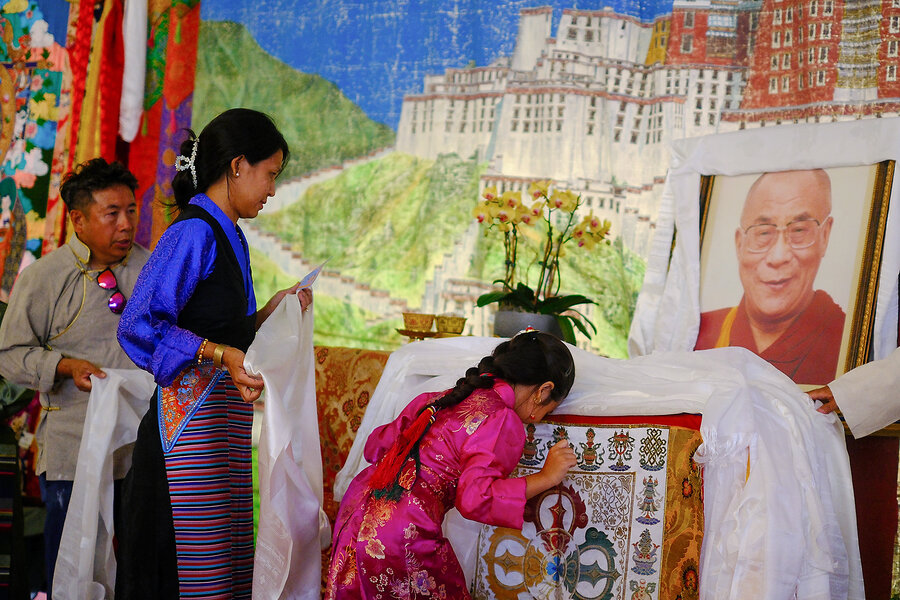Now Reading: Colleges Tap Life Experience for Faster Degrees
-
01
Colleges Tap Life Experience for Faster Degrees
Colleges Tap Life Experience for Faster Degrees

Speedy Summary
- Pittsburgh’s Community College of Allegheny County (CCAC) is joining a national push to award academic credit for military service and work experience.
- The program aims to simplify the process, making it faster and cheaper for adult learners, many of whom started college but didn’t finish.
- Nearly half of surveyed colleges have expanded credit-for-prior-learning pathways; examples include electricians receiving credits toward electrical engineering degrees or daycare workers toward teaching degrees.
- Research indicates students save between $1,500-$10,200 and nearly seven months when prior experiences are credited. Graduation rates increase by 17%.
- The initiative stems from U.S. colleges addressing falling enrollment due to demographic changes lowering numbers of high school graduates.
- Institutions like CCAC are using these reforms as recruitment tools targeting adult learners who might otherwise turn to online universities offering similar options.
- Credit evaluation methods are becoming more standardized via AI and professional certifications like those from Amazon Web Services (AWS) or CompTIA.
- Critics among faculty initially worried about enrollment loss but increasingly recognize these experienced students enrich classroom interactions while bolstering institutional revenue overall.
Indian Opinion Analysis
The trend of converting life experiences into academic credentials offers several insights relevant for India’s education and labor sectors. With an economy propelled by it’s youthful population, such frameworks could help bridge skill gaps across sectors while reducing time barriers in higher education-a challenge faced by many working-age Indians unable to complete conventional college programs due to financial constraints or family responsibilities.
For India’s vast unorganized workforce with experiential skills but minimal formal qualifications (e.g., carpenters, mechanics), adopting similar models could open doors for upward mobility. Additionally, India’s robust IT sector stands poised to benefit if educational institutions forge partnerships leveraging globally recognized certifications like AWS or CompTIA.
Key considerations would involve resolving logistical hurdles: ensuring transparency in evaluating experience-based credits, addressing biases against nontraditional learning among educational stakeholders, and finding ways for private institutions-similar to their American counterparts-to embrace this model without disproportionately charging fees. By helping millions re-enter higher education pipelines with tailored credit systems tied directly to workforce demand trends, India may reduce dependence on diploma inflation while strategically cultivating industry-ready graduates.
Read More: Community College Initiative
























